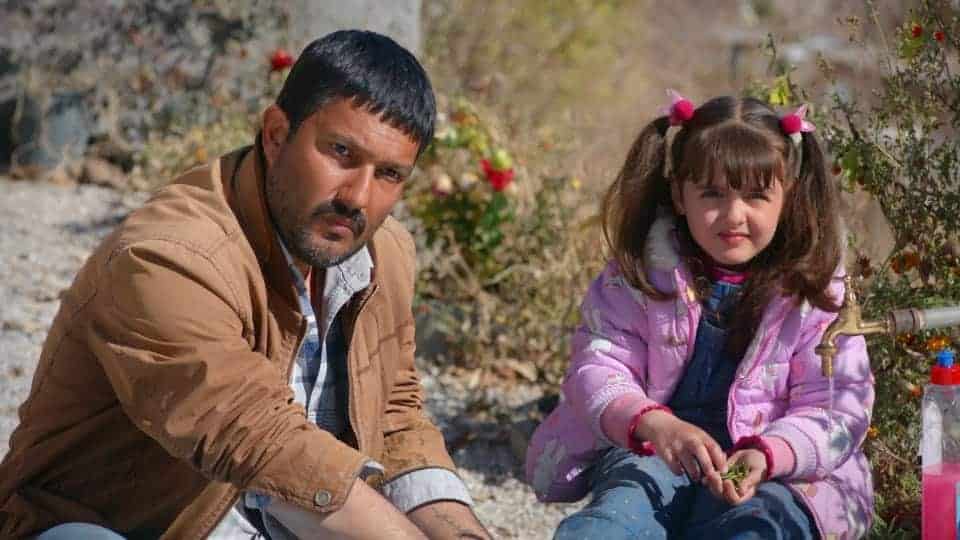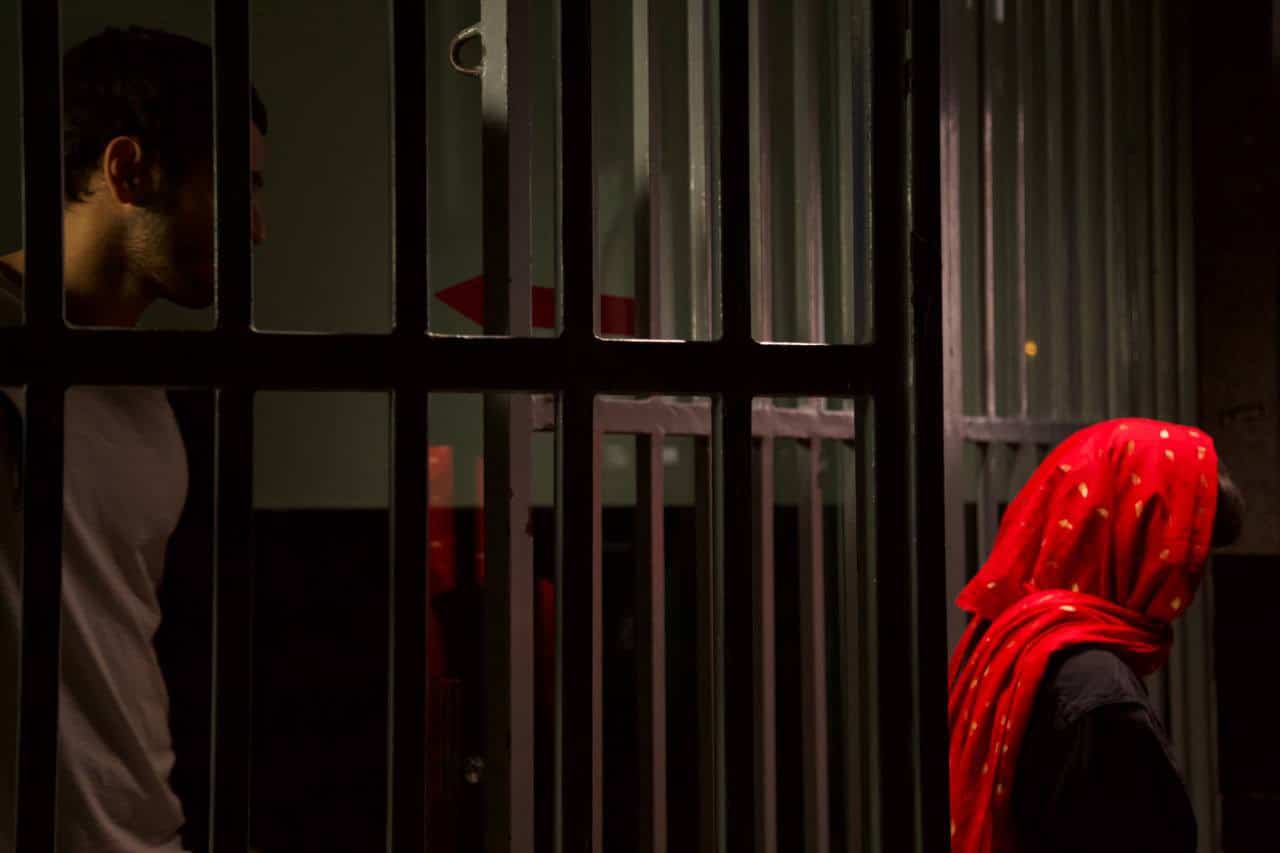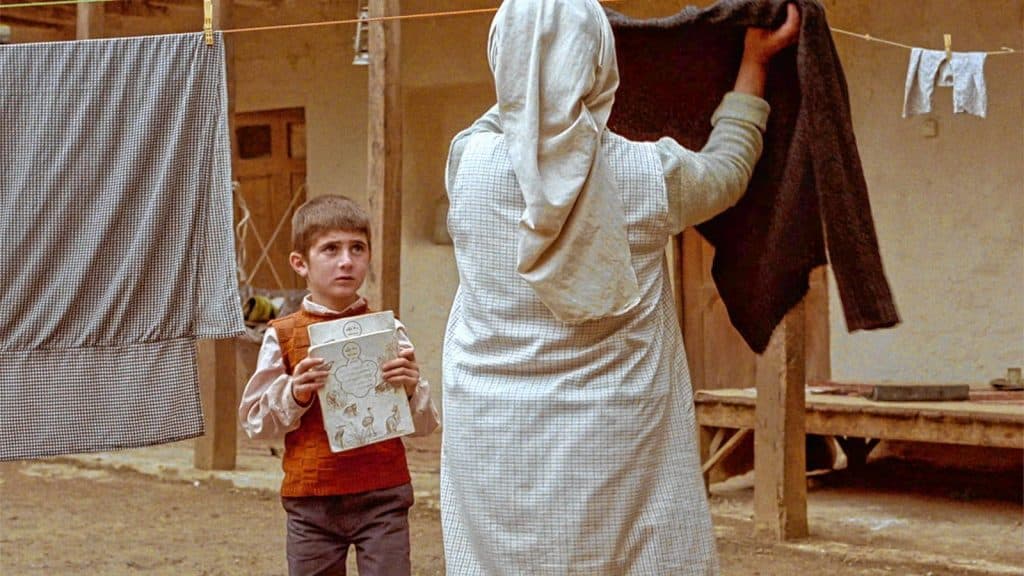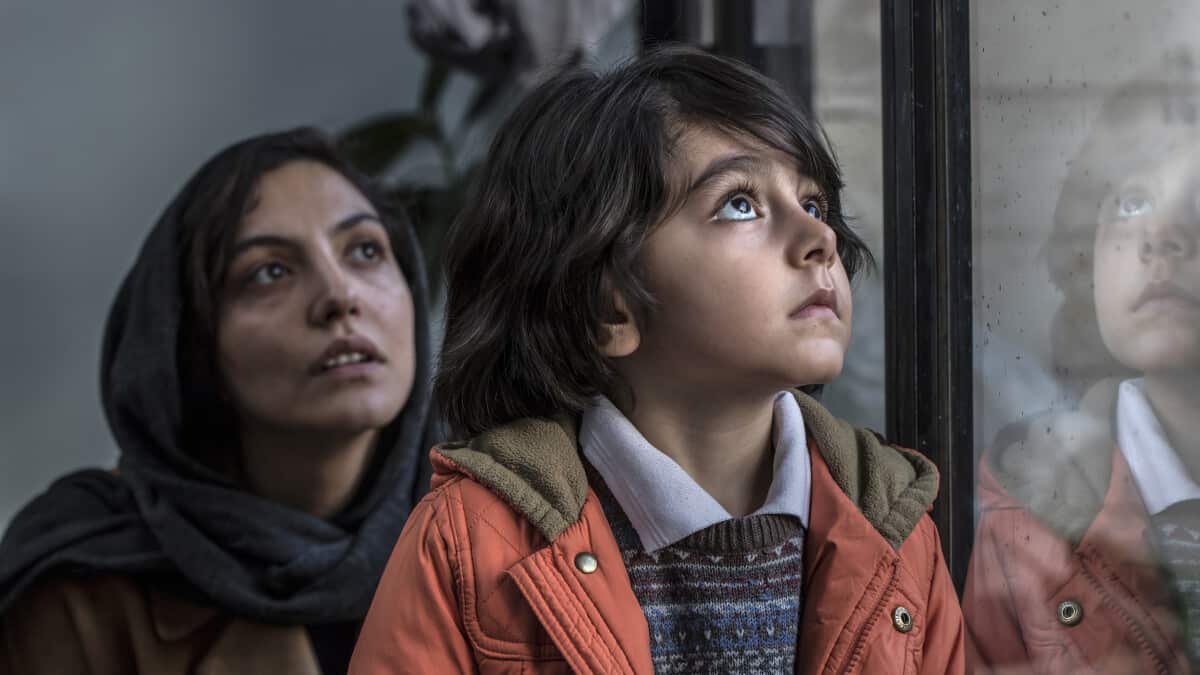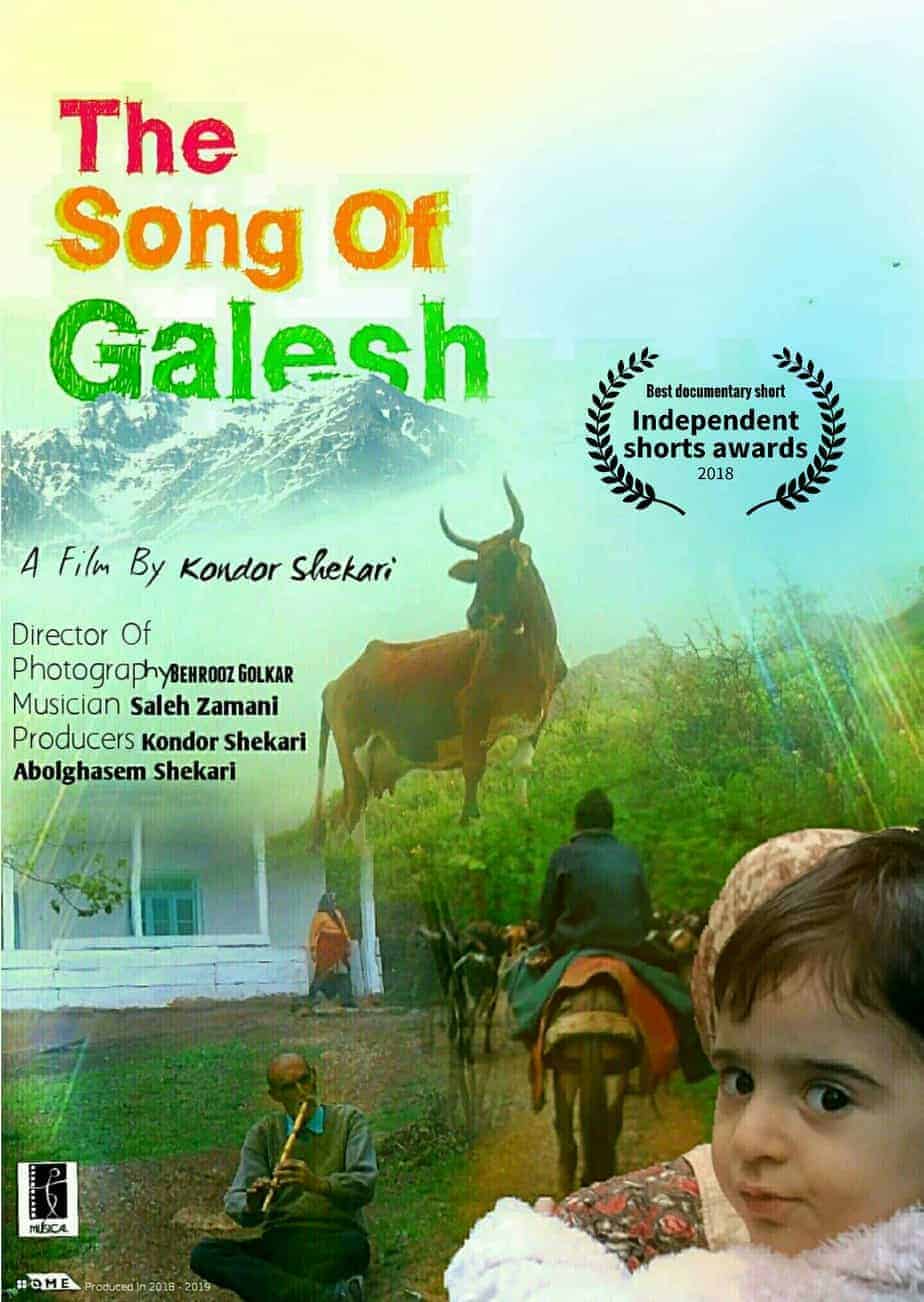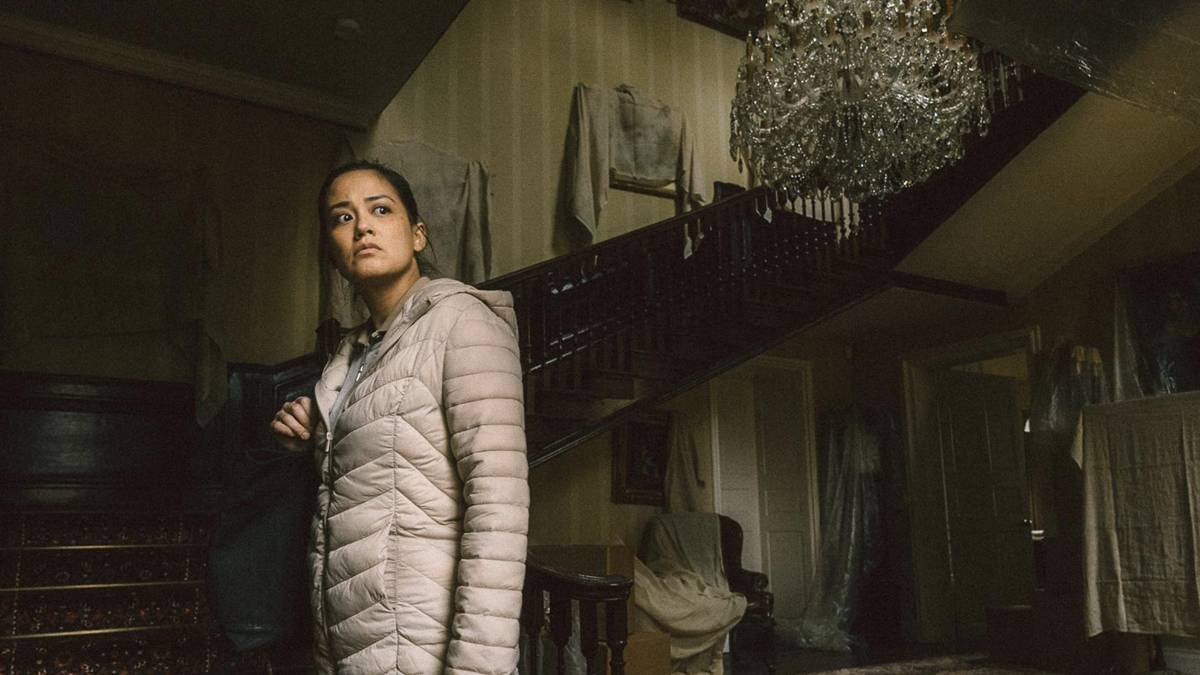When a mother of a separated family dies, it is up to the husband to come home and settle the family affairs. However, when he arrives, his children are forced into his custody against his wishes. Tasked to take them home, he works towards a way to unload them with other family members, all the while confronting his past and what lead him to leave.
Castle of Dreams is playing at the San Diego Asian Film Festival

It is hard to think of many scenarios more awkward and uncomfortable than being in the presence of a family with a distant parent. It is something that almost everyone has experienced at some point in life, whether in those close to us, or in small social interactions. Given the personal nature of family dysfunction, these interactions largely exist with an air of mystery and curiosity. “Castle of Dreams” sets its focus on dysfunctional family dynamics and toxic behavior that can tear families apart. Delivering an engrossing portrait of a troubled family, through awkward silences and all.

The productions narrative seems at the forefront of conveying the uneasiness felt by a separated family, with a large focus on making sure that all moments and plot points, no matter how minor, contribute to a deeper understanding of Jalal and his persona. Given the subtle nature of the performances and a large portion told through silent reactions over dialogue, it feels great care was taken to balance the various elements in order to give a realistic portrait of a family in turmoil over the past. Overall, the way the progression is handled ensures that the somewhat minimalist presentation stays engaging.
Although the production contains strong performances throughout, its success rests heavily with Hamed Behad, who plays absent father Jalal. Behad plays a dominate male figure who approaches life with a degree of certainty and conviction that makes him rather unlikable as a character. Keeping a calm, reserved manner to some difficult situations, really reflects how Jalal has closed himself off in order to move forward with his own life. However, as the film progresses, we begin to observe these barriers come down, particularly in the conclusion. The ending shows Jalal allows himself to be vulnerable, perhaps for the first time. Ultimately, Behal's performance is masterfully executed by conveying the ability of his character to break down emotional barriers.
On a technical level, the film does not offer up much in the way of variety. Given the heavy focus on script and much of the film being shot while the family is driving, there is little in the way of variation or visual appeal. The score is almost non-existent, but again given the focus on narrative and making sure the awkward silences are felt by the audience as well, so its minimal approach can be overlooked. “Castle of Dreams” is still a good looking film, and it is obvious care was taken in the filmography. However it does not offer up enough to overcome the confides of the locations to really warrant much praise, and may test the patience of some viewers.

Although “Castle of Dreams” is successful in its narrative, and contains very few flaws, it is a movie that is difficult to get behind. Ultimately, the film feels like it would only resonate within a select crowd, a crowd which is bound to be less vocal about the film's subject matter. This is something that is admirable, as art is one the best way to sort through emotional turmoil, and the production feels like it could be almost therapeutic for some. However, given that the material did not connect with me on a personal level, it was difficult to thoroughly enjoy the film. “Castle of Dreams” does excel in it's narrative, backed by great performances, with the only hindrance or critique coming by way of my own background. The film feels very personal, and it will have a varied response from audiences, but deserves to be seen and have each person draw their own conclusion on success and relatedness to the narrative.


